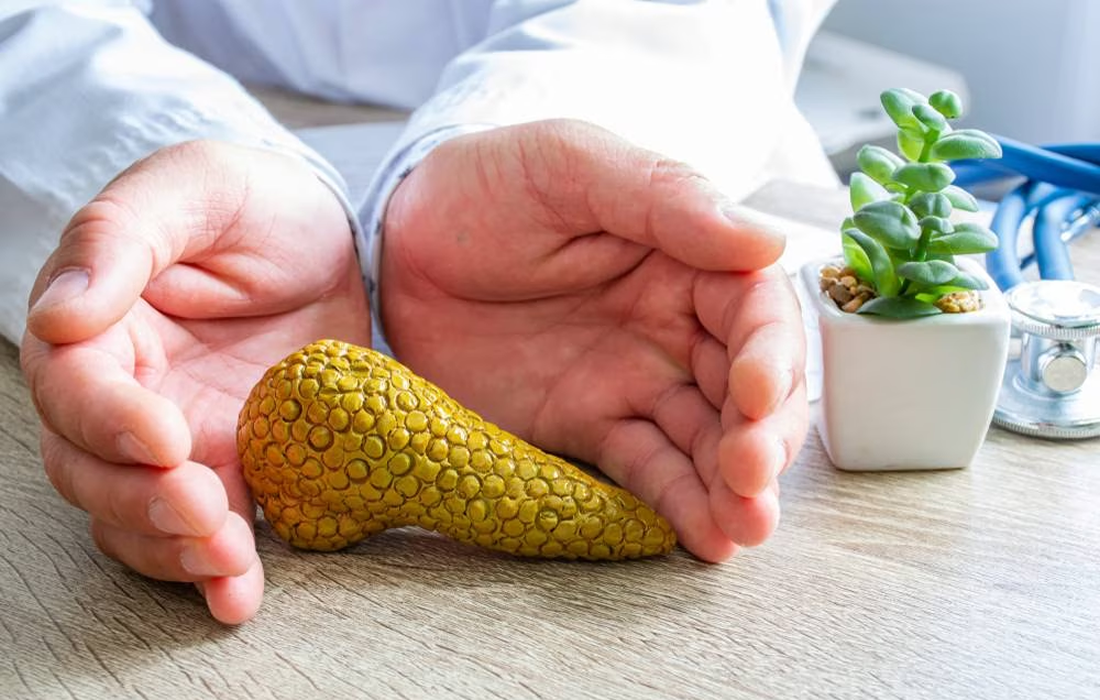Regenerative Medicine News and General Information
Novel Device has Potential to Transform the Field of Islet Cell Transplantation
Type 1 diabetes is caused by an autoimmune reaction that destroys the cells in the pancreas that make insulin. It can also cause kidney failure. Daily insulin injections are the most conventional treatment but attaining tight control of glucose levels remains challenging and cumbersome for patients.
Clinical pancreatic islet transplantation (CIT) holds promise to transform type 1 diabetes (T1D) management. In CIT, isolated islets are transplanted into the portal circulation and engraft passively in hepatic sinusoids. As pancreatic islets provide dynamic glucose control, CIT significantly improves glycemic profile, decreases hypoglycemic events, and reduces progression of diabetes-related comorbidities.\
These transplants can help improve a patient’s symptoms; however, as with all organ transplants, one of the biggest challenges is the need for immunosuppressive drugs for the rest of their lives to avoid transplant rejection. Lifelong immunosuppression can lead to patients being vulnerable to infectious diseases and increases the risk of certain types of cancer.
A research team led by Houston Methodist delivered islet cells and immunotherapy directly into a 3D printed device akin to a bioengineered pancreas, called the NICHE
The NICHE, created in the Department of Nanomedicine at Houston Methodist Research Institute, is a flat device placed under the skin comprised of a cell reservoir for the islets and a surrounding drug reservoir for localized immunosuppression therapy. It is the first platform to combine direct vascularization and local immunosuppression into a single, implantable device for allogeneic islet transplantation and long-term Type 1 diabetes management. Direct vascularization is fundamental for supplying nutrients and oxygen for maintaining the viability of transplanted islet cells.
Alessandro Grattoni, Ph.D., corresponding author and his team are working on scaling up the NICHE technology for clinical deployment, for which drug refilling may only be needed once every six months. The ability to refill the NICHE technology allows for long-term use in patients. Further, changes in drug formulations or concentration could extend refill intervals to once each year, aligning with routine physician visits.
Grattoni and his collaborators will expand this research over the next few years, with the end goal of testing the NICHE’s safety in humans in about three years. Grattoni’s nanomedicine lab at Houston Methodist focuses on implantable nanofluidics-based platforms for controlled and long-term drug delivery and cell transplantation to treat chronic diseases.
SOURCE:
Jesus Paez-Mayorga, Jocelyn Nikita Campa-Carranza, Simone Capuani, Nathanael Hernandez, Hsuan-Chen Liu, Corrine Ying Xuan Chua, Fernanda Paola Pons-Faudoa, Gulsah Malgir, Bella Alvarez, Jean A. Niles, Lissenya B. Argueta, Kathryn A. Shelton, Sarah Kezar, Pramod N. Nehete, Dora M. Berman, Melissa A. Willman, Xian C. Li, Camillo Ricordi, Joan E. Nichols, A. Osama Gaber, Norma S. Kenyon, Alessandro Grattoni. Implantable niche with local immunosuppression for islet allotransplantation achieves type 1 diabetes reversal in rats. Nature Communications, December 26, 2022; 13 (1) DOI: 10.1038/s41467-022-35629-z
IMAGE:

